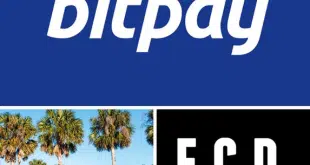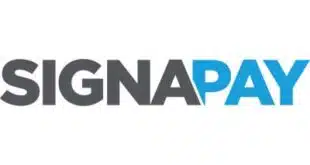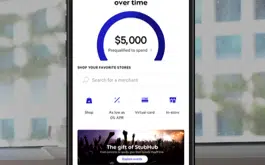Galileo Financial Technologies LLC’s Digital First product ranks first among digital debit card issuers in Javelin Strategy & Research’s inaugural Digital Issuance Provider Scorecard. Sandy, Utah-based Galileo earned top billing for its flexibility, security, and scalability. Javelin ranked eight digital-issuance vendors’ products, using 25 criteria across features and functionality, technology, …
March, 2025
-
21 March
How the Trump Administration Is Stoking Interest in Crypto
Merchant interest in accepting cryptocurrencies continues to expand, with headline progress stemming from high-end luxury-goods segments. The latest example comes from ECD Auto Design, a Kissimmee, Fla.-based dealer in restored luxury cars. The company on Thursday announced it is accepting crypto for vehicle purchases. ECD’s move comes as digital currencies …
-
21 March
AES Partners with Genwin and other Digital Transactions News briefs from 3/21/25
Advanced Executive Sales LLC, a point-of-sale and e-commerce payments platform, and its affiliate Neon Bloom Inc. said they will work with software developer Genwin LLC to boost transaction revenue and reduce dependence on third-party software. Nadcab Labs, an India-based wallet developer, introduced new services aimed at allowing users to manage …
-
20 March
Beyond the Big Processors: What ISOs Really Need to Thrive
By Matt Nern, Managing Partner at SignaPay Being an ISO is a balancing act. Between closing deals, staying on top of evolving payment technology, and ensuring merchants get the support they need, there’s hardly time to deal with the inefficiencies of a slow-moving processor. Yet, too often, ISOs find themselves …
-
20 March
Affirm Expands Credit Reporting And Adds Adyen U.K. Clients
Installment-payments specialist Affirm Holdings Inc. will include all of its products in data sent to credit-reporting agency Experian plc beginning April 1, while its more than four-year-old partnership with processing platform Adyen NV expands into the United Kingdom. San Francisco-based Affirm says the inclusion of all of its buy now, …
-
20 March
Opponents Ask for Summary Judgement in Their Legal Battle to Overturn Illinois’s Interchange Law
Plaintiffs seeking to overturn Illinois’s interchange law filed a motion for summary judgement earlier this week and requested that the state’s attorney general drop the case to enforce the law, which is scheduled to go into effect July 1. A motion for summary judgment asks a court to decide a …
-
20 March
Nayax’s EV Pay Boost and other Digital Transactions News briefs from 3/20/25
Nayax Ltd. has launched what it calls its State-of-Charge feature for EV Kiosk, a service that lets users pay for EV charging while capturing session details separately on a mobile device by scanning a QR code. Klarna AB has agreed to offer payments options, in including pay in full and buy now, …
-
19 March
Grow Your Portfolio — Sign High-risk Merchants in New and Emerging Verticals
Partnering with the right payment technology company to accept as many payment types as possible is a great way for small- to mid-sized merchants to modernize and grow their businesses. Unfortunately, due to the higher level of risk that comes with certain merchant categories, many small businesses have been left …
-
19 March
Eye on Acquiring: Jaris’s New White-Label Merchant Onboarding; Shift4’s Great Wolf Expansion
Embedded financial services specialist Jaris Inc. has launched a merchant onboarding service for independent sales organizations, processors, banks, and platforms. The Jaris utility enables merchants to apply for payment processing services and a suite of value-added services, such as business lending, instant payouts and banking services, through a single, pre-populated …
-
19 March
Don’t Shun High-Risk Sellers—Manage Their Commerce Better, Experts Say
For some processors, opportunity can abound among high-risk merchants shunned by acquirers that fear the potential losses. But losses can also abound if these relationships are not well-supervised, warned a panel of experts Tuesday afternoon. “There’s a balance between how much risk we’re going to take on and how to …









